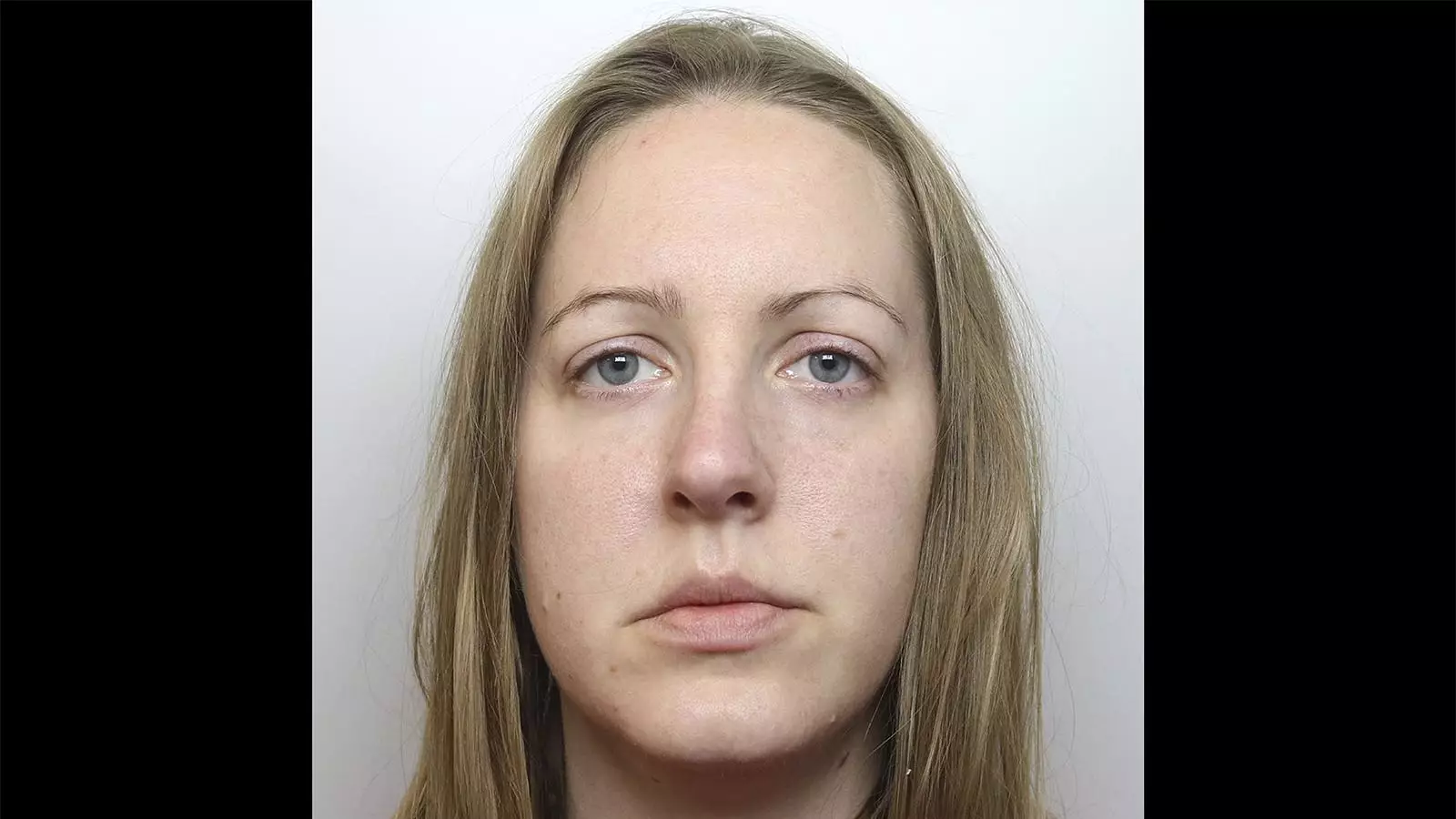The case of Lucy Letby, a British nurse convicted of murdering multiple infants, has stirred a media storm and raised significant questions regarding the criminal justice system’s handling of medical evidence. Letby, 34, is currently serving a life sentence without the possibility of parole after she was found guilty of killing seven newborns and attempting to murder another seven. Central to the convictions was the testimony of medical experts, particularly that of Dr. Dewi Evans, whose dramatic reversal on key evidence has opened the door for a potential appeal. The proceedings expose not only the intricacies of medical testimony but also highlight systemic issues in the judicial process.
Mark McDonald, Letby’s attorney, announced plans to petition for a fresh examination of her convictions in response to Dr. Evans’ altered stance on the causes of death of several infants previously attributed to Letby’s actions. His initial assertion that she had injected air into the infants’ systems has since been deemed unreliable. This shift raises an essential inquiry regarding the weight accorded to expert opinions in court, particularly when such opinions can profoundly affect the lives of individuals being tried for serious crimes. Given that the prosecution relied heavily on Evans’s expert testimony, McDonald’s argument will likely center on the premise that the integrity of the original convictions has been compromised.
Despite these developments, the Crown Prosecution Service (CPS) has strongly defended Letby’s convictions, revealing that her case underwent rigorous scrutiny by two juries as well as three judges from the Court of Appeal. They maintain that the evidence against Letby was substantiated by diverse strands of proof, challenging the notion of her innocence. This defense, however, comes in stark contrast to the growing disillusionment among several experts and the public who have increasingly questioned the reliability of the evidence and the justice system’s efficacy in cases that involve complex medical data.
Brouhaha Over Expert Opinions
One of the most troubling aspects of Letby’s case is the reliance on Dr. Evans as the lead expert witness for the prosecution. Sean Caulfield, a defense lawyer with over two decades of experience, pointed out that it is exceedingly rare for a key expert to change their opinion in such critical cases, further underscoring the severity of the implications for Letby’s convictions. The notion that such a pivotal figure in the prosecution’s case could reverse their opinion could catalyze a reassessment of the trial and its outcomes.
Moreover, McDonald mentioned that a coalition of 15 medical specialists from around the globe is now actively reviewing the evidence presented during the trial. Their involvement signifies an urgent call for re-evaluation of the methods used to assess and interpret medical data in high-stakes legal settings. This initiative not only aims to support Letby’s appeal but also stresses the necessity for systemic reforms in how medical evidence is employed in court.
An ongoing inquiry, initiated to discern the failures of the Countess of Chester Hospital management in recognizing the patterns of neonatal deaths linked to Letby, reflects the wider concerns about institutional accountability in medical malpractice cases. Experts have warned that the legal system is particularly susceptible to errors in complex medical contexts, emphasizing the importance of a thorough and detailed understanding of the medical sciences when dealing with similar cases. The horror of Letby’s trial has raised alarms about the veracity of legal decisions that hinge on arguably flawed medical interpretations.
The case of Lucy Letby is emblematic of the challenges faced by the criminal justice system when intersecting with specialized medical knowledge. As appeals are considered and inquiries unfold, it is imperative that attention is paid not only to the specifics of Letby’s actions but also to the overarching structures that govern legal proceedings in healthcare-related cases. The need for accuracy, reliability, and reform in the appraisal of medical evidence has never been clearer, and Letby’s situation could serve as a crucial touchpoint for enhancing justice in such sensitive domains.

Leave a Reply